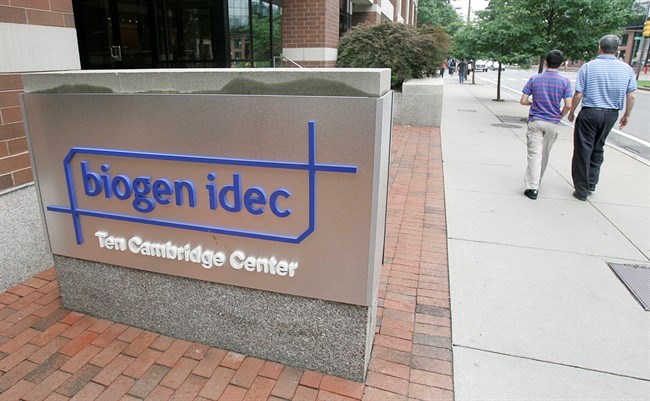A ruckus has broken out in the scientific community over a decision by the U.S. Food and Drug Administration to approve a new drug designed to combat Alzheimer’s.
The drug, aducanumab, marketed under the brand name Aduhelm, would be the first medication aimed at attacking the disease mechanism in Alzheimer’s. To date, the drugs we have target only symptoms. Sadly, they produce limited results, delaying memory loss, on average, by only a few months.
Aducanumab works by destroying the buildup of plaque in the brain. The problem is, while many researchers believe these plaque buildups play a role in Alzheimer’s, that hypothesis isn’t proven. And things go downhill from there.
Two clinical trials of aducanumab were halted in 2019 after researchers concluded the drug produced either no beneficial effects, or, at best, only negligible results, well within the margin of error.
However the company that developed the drug, Biogen, reworked the data, and told the FDA that cognitive decline slowed in patients who received the highest dose.
The FDA granted approval on this questionable evidence.
As a result of this decision, three of the FDA’s advisers have resigned from the expert committee that overwhelmingly advised against approving the drug. “This might be the worst approval decision that the FDA has made that I can remember,” said Dr. Aaron Kesselheim, a professor of medicine at Harvard Medical School, on Âsubmitting his resignation.
He said the agency’s approval of Âaducanumab was wrong “because of so many different factors, starting from the fact there’s no good evidence that the drug works.”
Then there is the matter of cost. A review body in the U.K. determined that, given the limited proof aducanumab does any good, the highest price that could be justified for a year’s treatment lies between $2,560 and $4,850.
But Biogen is asking $56,000 per patient per year.
There is also the reality that the drug has to be infused, requiring monthly hospital visits, followed by MRI scans to track the results. That’s both a demanding regime for frail patients and a source of additional costs.
Then, too, the medication can have serious side-effects, brain swelling and brain bleeding among them.
Last and most important, while the Âclinical trials tested the drug only on patients with early onset Alzheimer’s, the FDA approved it for all patients with the disease.
About 5.5 million Americans have Alzheimer’s. If they all request the drug, and many will, the cost could be about $300 billion.
A very rough estimate of the costs to Canadian drug plans would be in the $30-billion range.
So what’s going on here? When those two clinical trials were abandoned, Biogen’s stock price lost 22 per cent of its value.
When the FDA subsequently approved the drug, the company’s share price rose nearly 40 per cent.
Did corporate lobbying play a part?
It matters greatly. Had the FDA demanded further clinical trials, which would have been the proper route, the costs would be marginal.
So might we see aducanumab approved in our neck of the woods? That’s up to Health saąúĽĘ´«Ă˝, which licenses new medications.
But the history here is not encouraging. Health saąúĽĘ´«Ă˝, whose motto could be “anything for a quiet life,” habitually licenses drugs if they’ve already been approved by another country.
And the FDA’s decisions carry weight.
My guess is that as the pushback against approving aducanumab gains pace, Health saąúĽĘ´«Ă˝ will do what the FDA should have done, and demand more clinical trial Âevidence.
But Alzheimer’s is a dreadful disease. The pressure to license this medication will be immense.



